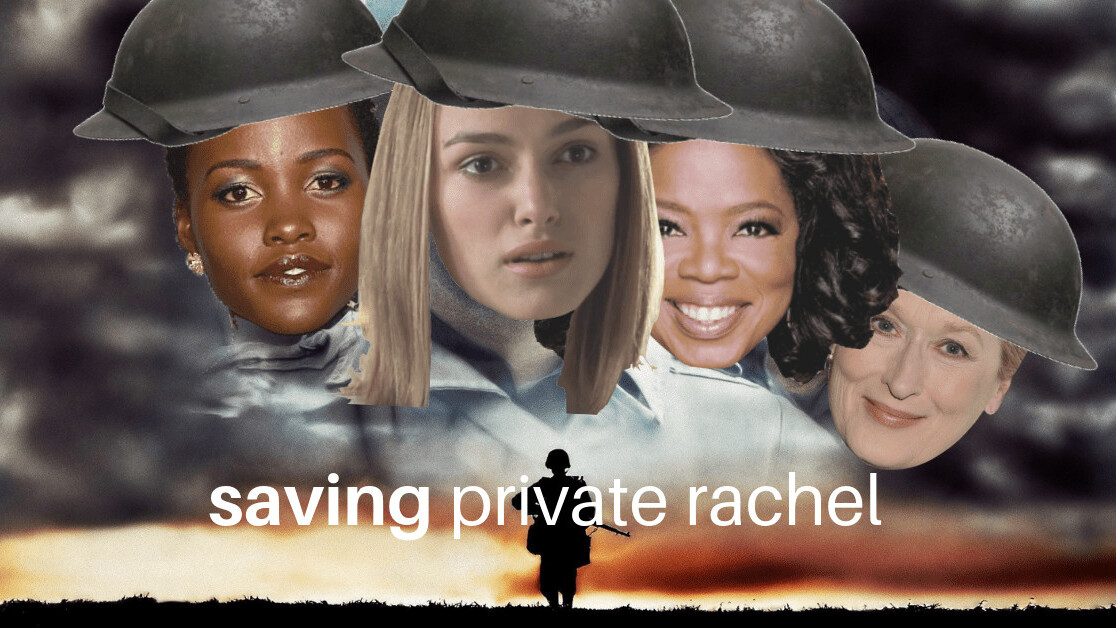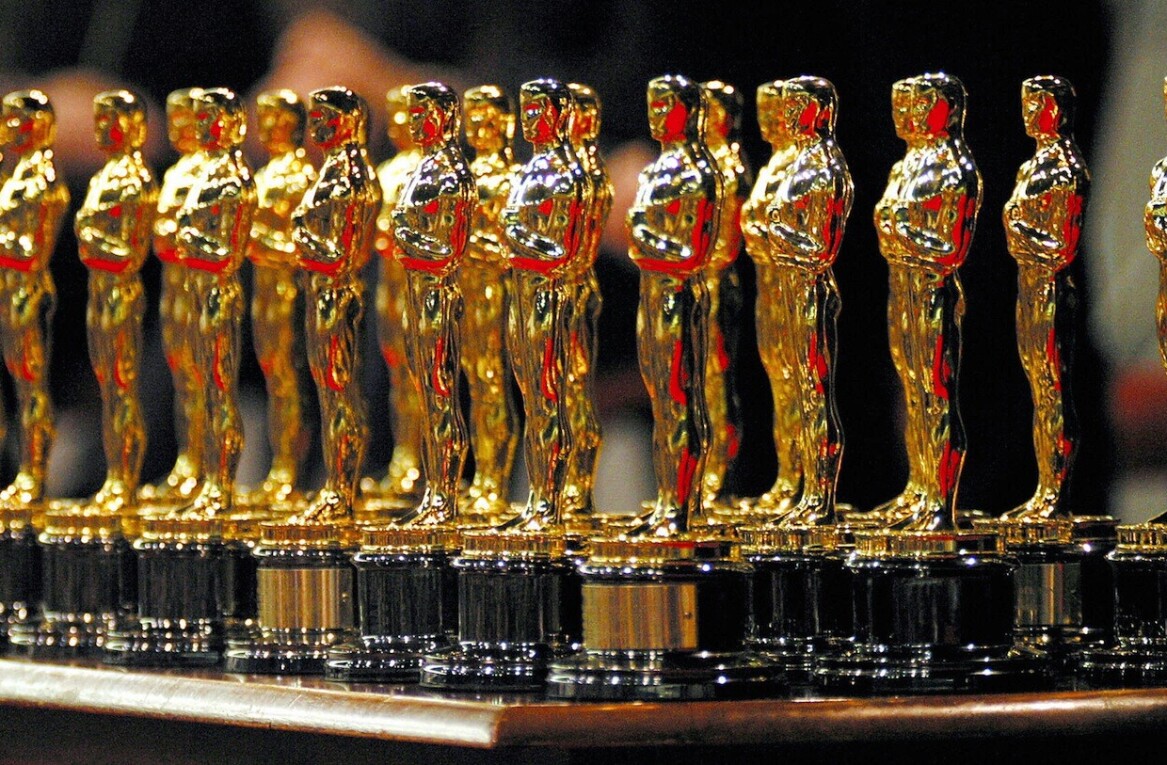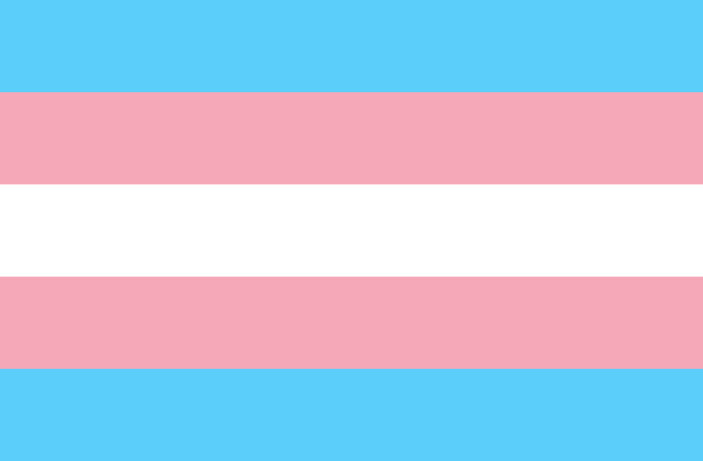
Enter the Bechdel Test, a simple tool that measures gender bias in movies by analyzing three things:
- Are there any named female characters? And if so,
- Do these female characters talk to each other? And If so,
- Do these female characters talk about something other than a man?
Obviously, a movie that only passes the first test ranks quite low on the diversity scale. A movie that passed the third test (which, to clarify, automatically means it passed the first and second test) tends to be more inclusive.
For our monthly Byte Me newsletter, we used data by Bechdeltest.com to create a graph showing how things have (kind of) changed since the first films came out in the late 1800s. Keep in mind the database doesn’t include every single movie ever made, so it’s not perfect, but pretty damn close.
Currently, the database has tested 8076 movies from 1888 to 2019. So far, 57.6 percent of movies pass all three tests, 10.2 percent pass two tests, 22.1 percent pass one test, and 10.1 percent pass no tests at all.
, a movie about a female astronaut played by Sandra Bullock, doesn’t pass the gender test because the story only has two main characters (the other being a man). However, Legally Blonde does, simply because Elle and her friend talk about their dogs in a couple of scenes.
While the Bechdel Test is too simple to determine a movie’s quality in the way it depicts gender, it started a conversation on how Hollywood can, and should, do better.
Like this article and want to see more like it? We have a monthly feminist tech newsletter called “Byte Me” — subscribe here.
Get the TNW newsletter
Get the most important tech news in your inbox each week.




